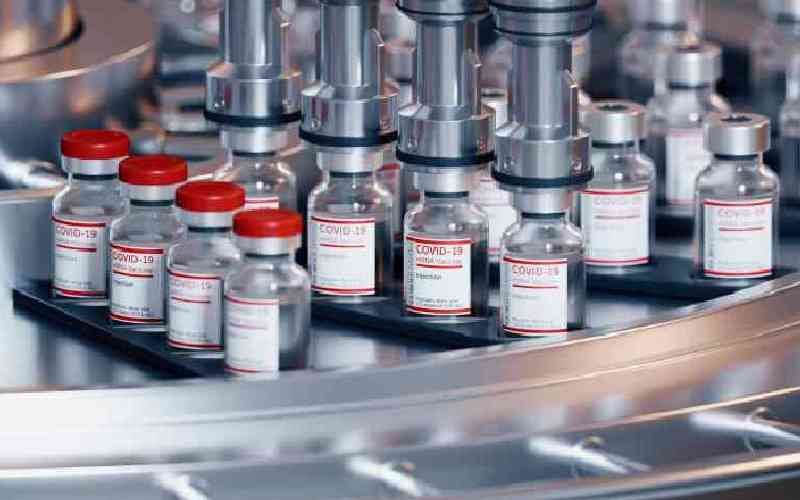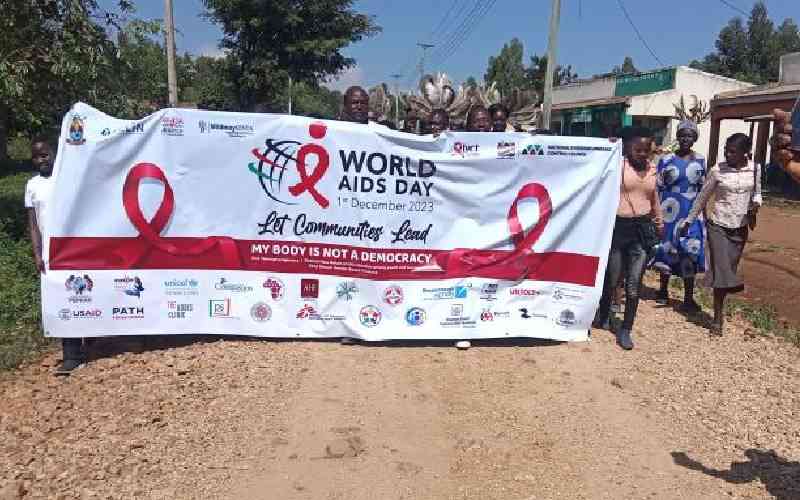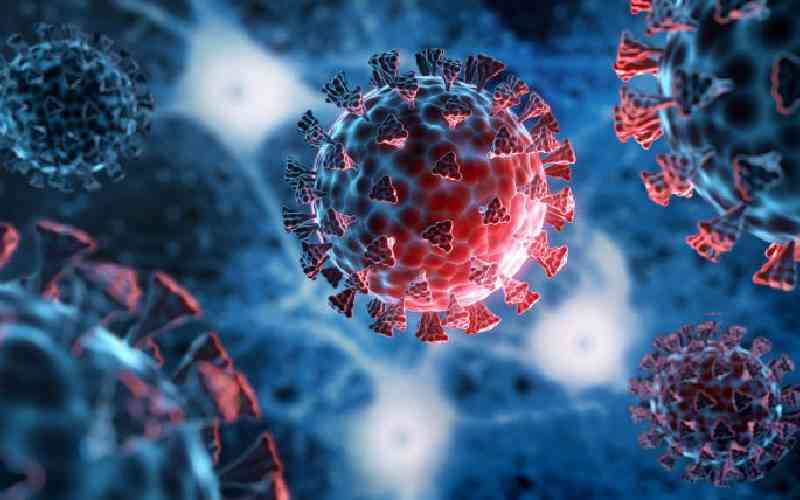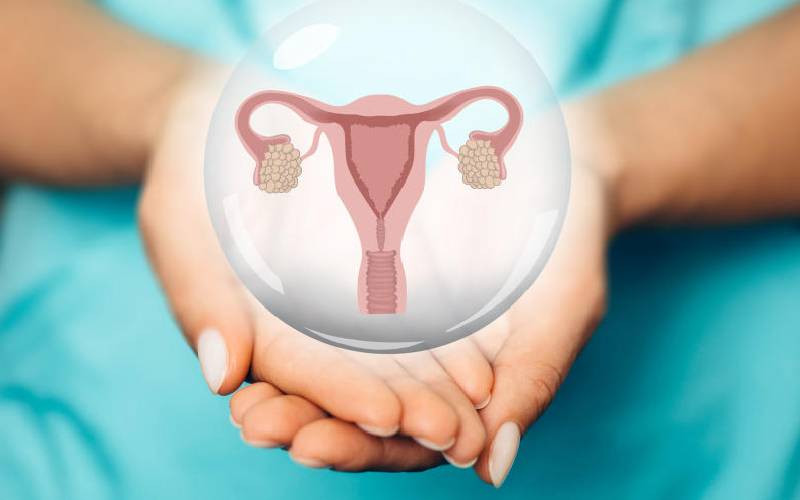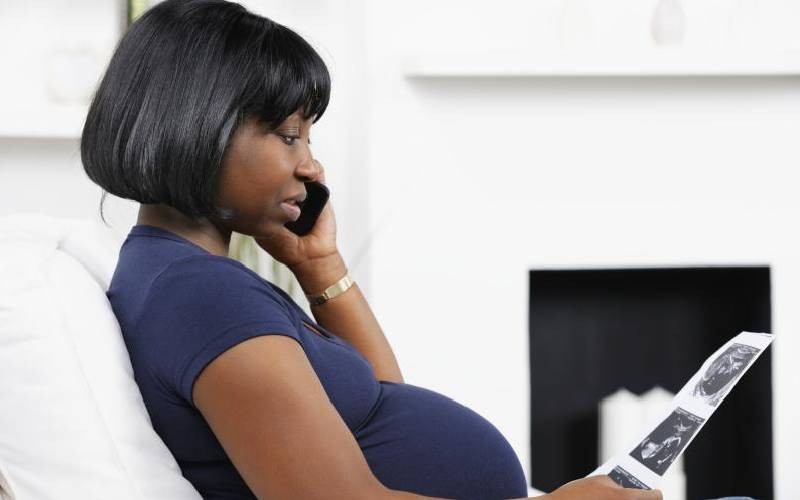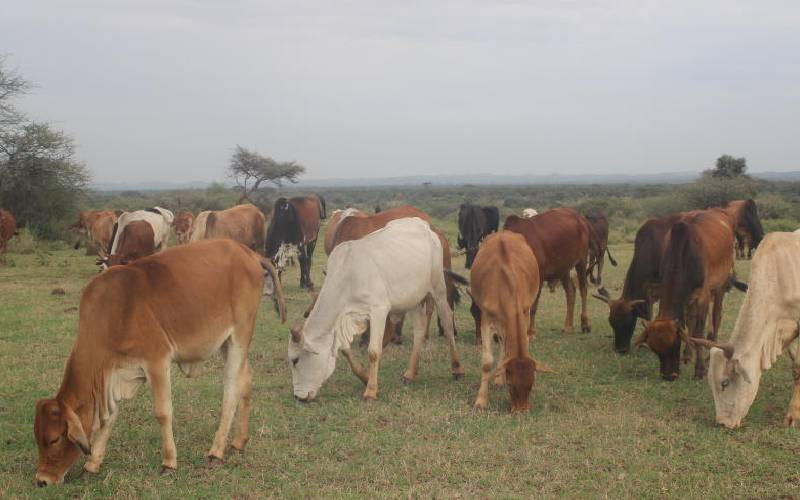A large-scale clinical trial will begin in South Africa later this year to test the safety and efficacy of a promising investigational HIV vaccine regimen, a U.S. government health agency said Wednesday.
A smaller initial trial in South Africa has determined that the regimen consisting of two experimental vaccines is safe and produces a robust immune response, the U.S. National Institute of Allergy and Infectious Diseases (NIAID) said in a statement.
"A safe and effective HIV vaccine could help bring about a durable end to the HIV/AIDS pandemic and is particularly needed in southern Africa, where HIV is more pervasive than anywhere else in the world," said Anthony Fauci, director of NIAID, part of the U.S. National Institutes of Health and a co-funder of the trial.
The new study, called HVTN 702, will take place at 15 sites in South Africa beginning in November, pending regulatory approval.
Results of the study, to be led by Glenda Gray, president and chief executive officer of the South African Medical Research Council, are expected in late 2020.
About 5,400 healthy men and women aged 18 to 35 years who are at risk for HIV infection will be enrolled.
All study participants will receive a total of five injections over one year and they will be randomly assigned to receive either the investigational vaccine regimen or a placebo.
The HVTN 702 vaccine regimen consists of two experimental vaccines: a canarypox-based vaccine called ALVAC-HIV and a bivalent gp120 protein subunit vaccine with an adjuvant that enhances the body's immune response to the vaccine.
The current regimen is modified from the one investigated in the U.S. Military HIV Research Program-led RV144 clinical trial in Thailand that delivered landmark results in 2009.
The experimental vaccine regimen tested in the RV144 trial was found to be 31.2 percent effective at preventing HIV infection during the 3.5 years after vaccination.
In the new study, the design and schedule of the RV144 vaccine regimen have been adjusted to try to increase the magnitude and duration of vaccine-elicited immune responses in South African adults.
"HVTN 702 will tell us whether the initial success ... will bear fruit in the form of a safe and effective HIV vaccine designed for the people of southern Africa," said Gray, also research professor at the University of the Witwatersrand, and director of the Perinatal HIV Research Unit at South Africa's Chris Hani Baragwanath Hospital.
 The Standard Group Plc is a multi-media organization with investments in media platforms spanning newspaper print
operations, television, radio broadcasting, digital and online services. The Standard Group is recognized as a
leading multi-media house in Kenya with a key influence in matters of national and international interest.
The Standard Group Plc is a multi-media organization with investments in media platforms spanning newspaper print
operations, television, radio broadcasting, digital and online services. The Standard Group is recognized as a
leading multi-media house in Kenya with a key influence in matters of national and international interest.

